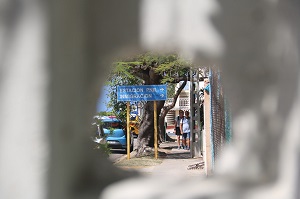Why the Need for Permissive Conditions Adds Unnecessary Burden for Canadian International Students
Context of the Problem – Unclear Instructions In March 2022, IRCC amended the study permit instructions for Study Permits: Working on Campus to add clarity

